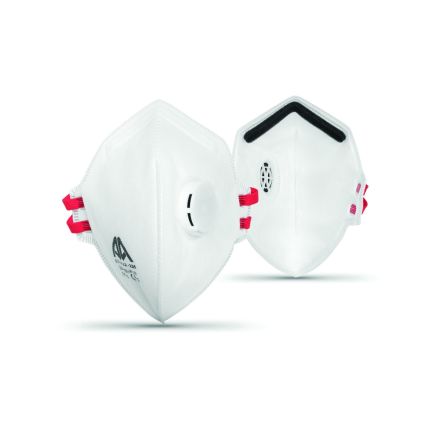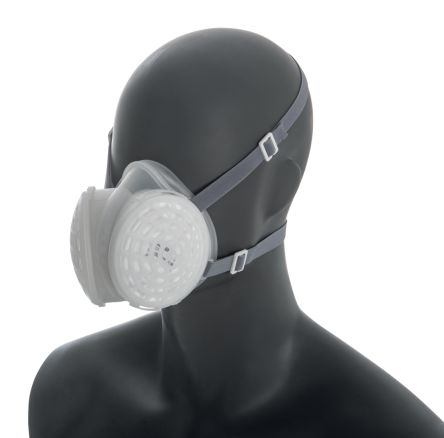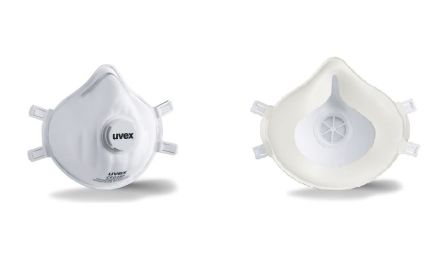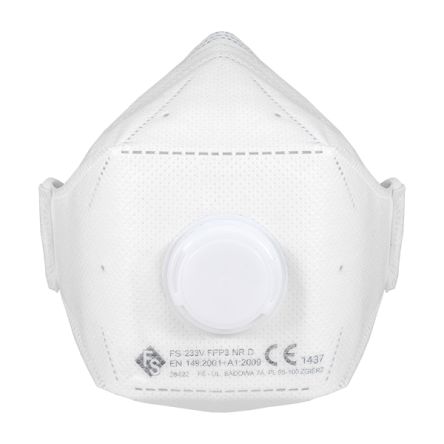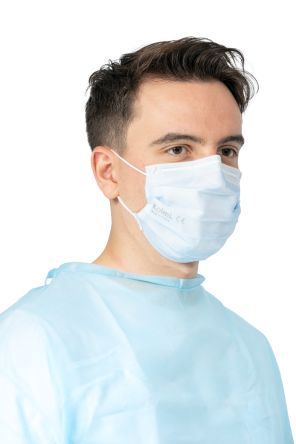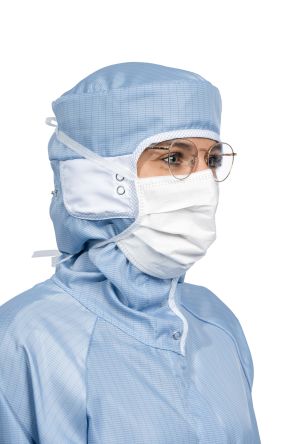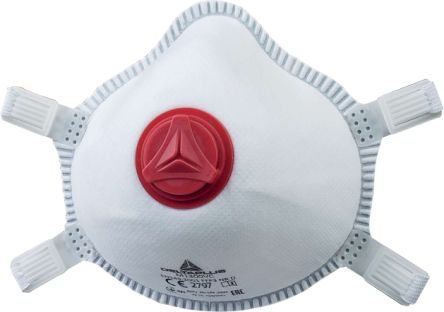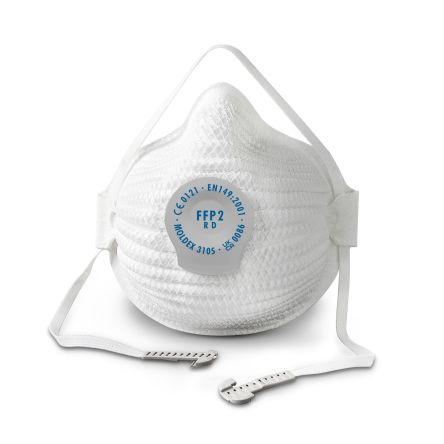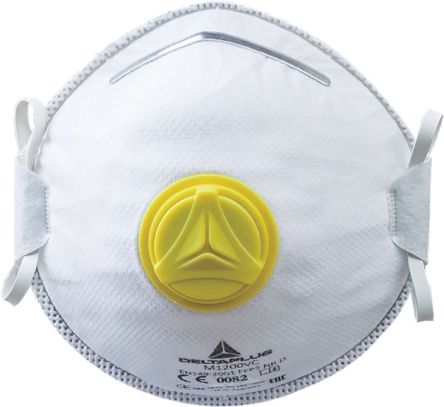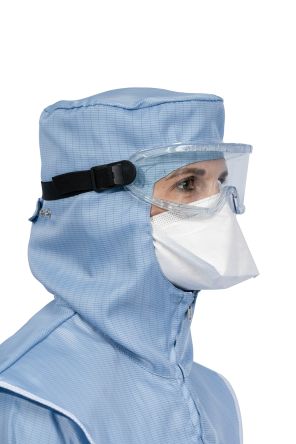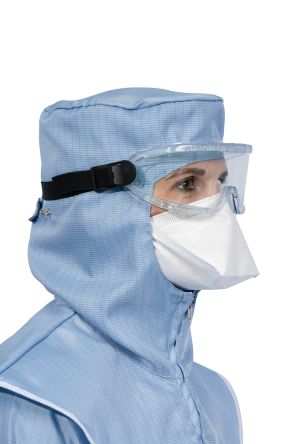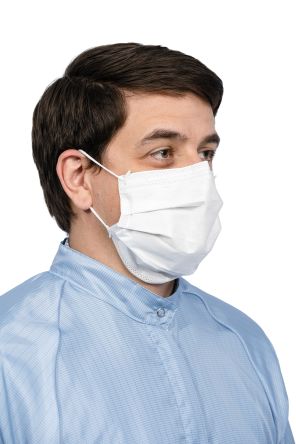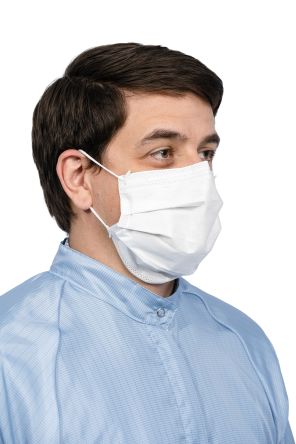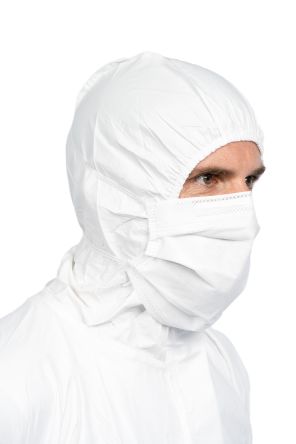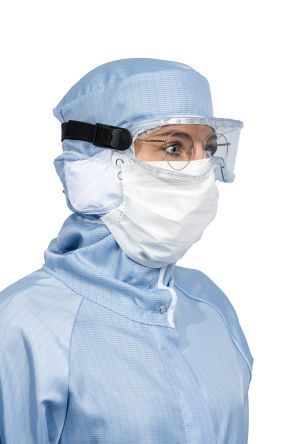- Automation & Control Gear
- Cables & Wires
- Enclosures & Server Racks
- Fuses & Circuit Breakers
- HVAC, Fans & Thermal Management
- Lighting
- Relays & Signal Conditioning
- Switches
- Batteries & Chargers
- Connectors
- Displays & Optoelectronics
- ESD Control, Cleanroom & PCB Prototyping
- Passive Components
- Power Supplies & Transformers
- Raspberry Pi, Arduino, ROCK, STEM Education & Development Tools
- Semiconductors
Face Masks
Face masks protect the wearer and others against potential infectious substances that are airborne such as viruses and diseases and are used to reduce the spread of these from one another. A face mask can block the release of virus-filled particles into the air when a person coughs, sneezes or breathes out. Although a face mask may not stop the spreading of a virus or infection, it is used as an additional layer of protection for you and others.
A face mask design is typically lightweight, loose-fitting mask that is attached around the mouth and nose, with most being for single-use and disposable. You can learn more in our face masks guide.
What materials are used?
Face masks differ in materials, typically from non-woven fabric such as polyester, polypropylene, polyethylene, polycarbonate or polystyrene and have multi-layer filtering and ply thickness.
Ply thickness levels
- 1-ply face mask: usually made from paper pulp and the weakest physical form of the plies, not made for medical use, but used for food processing, industrial and general domestic use.
- 2- ply face mask: usually made from the same fabric, polypropylene or other non-woven materials. These do not have a filter layer to stop the spread of viruses. Ideally, for hygiene and sanitary purposes e.g. spas & restaurants.
- 3-ply face mask: designed with three layers. 3-ply masks are recommended to reduce the spread of germs, viruses and bacteria. Typically used in healthcare environments. The outer layer is usually resistant to water, blood and body fluids with the middle layer designed to filter bacteria and contains a high static filtration to block dust and the inner layer absorbs saliva, sweat and water.
- 4-ply face mask: similar to 3-ply mask but with an additional layer and active carbon filter layer and made from 100% non-woven polypropylene and spun bound. 4-ply face masks provide maximum protection and comfort with adjustable nose strips. Like 3-ply face masks, these also protect against viruses and can reduce the spreading.
Where to use face masks
- Hospitals and healthcare
- Catering & restaurants
- Commercial and domestic cleaning
- Transportation


